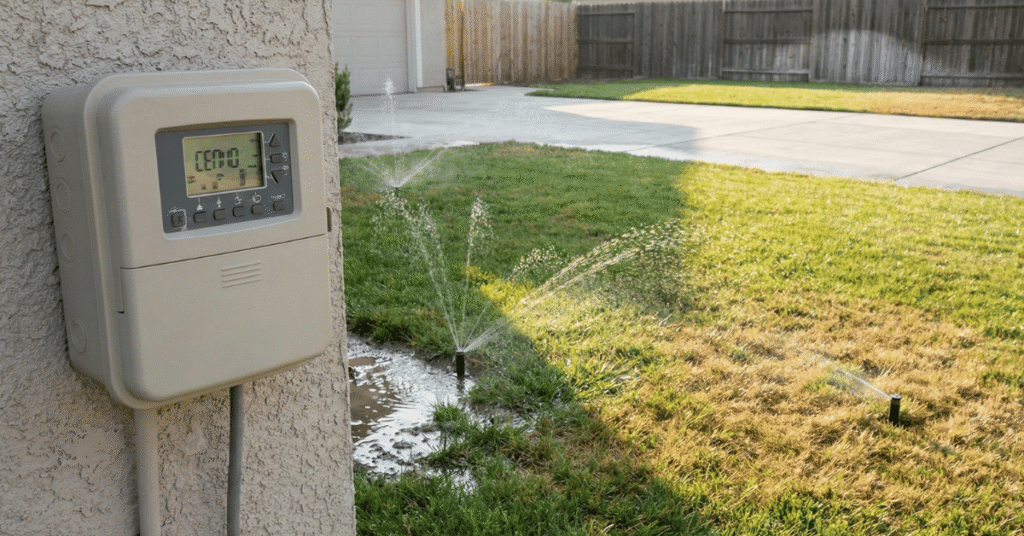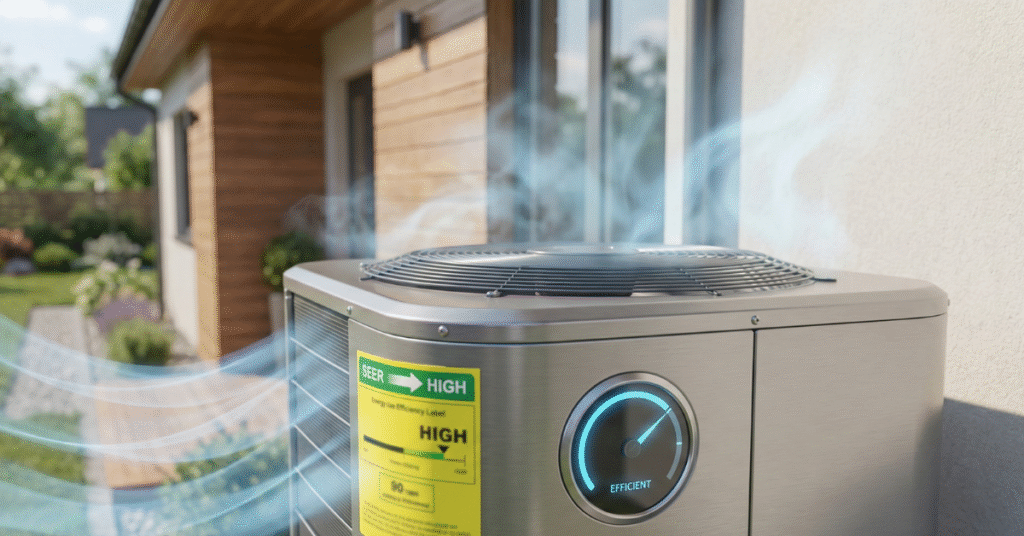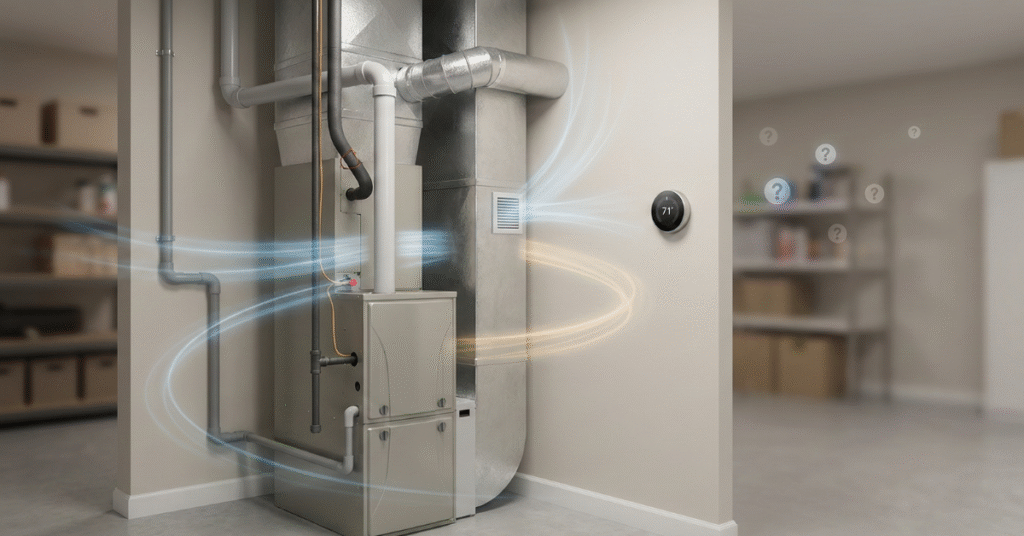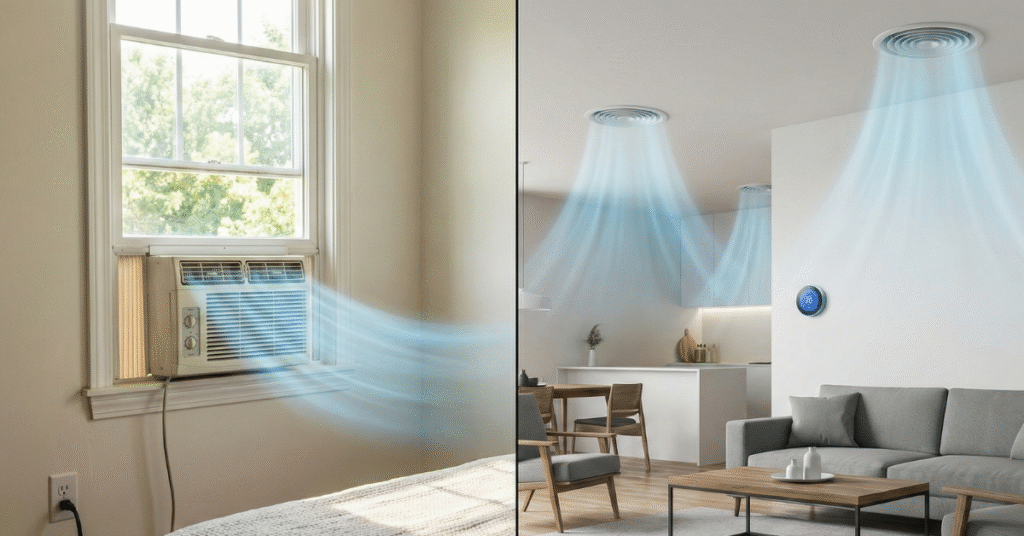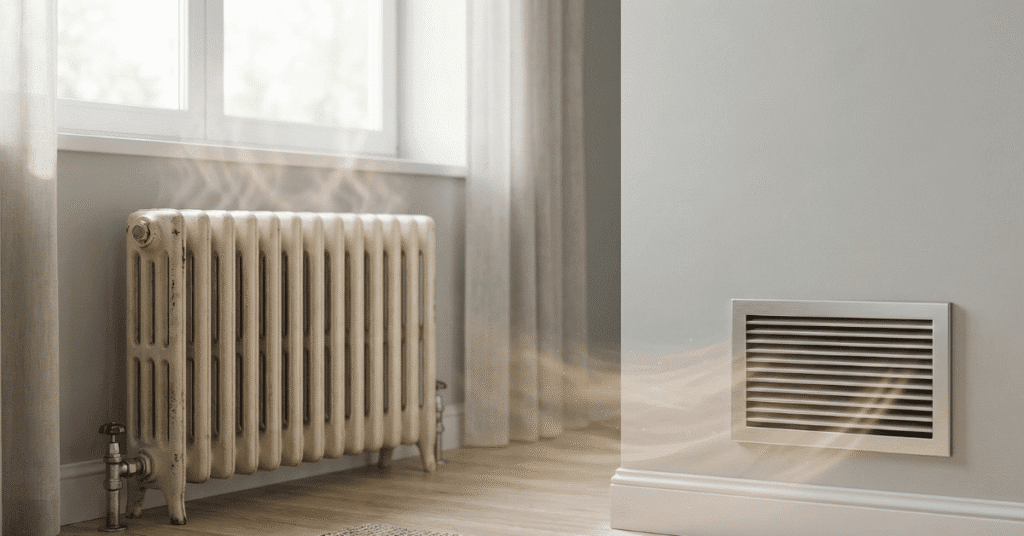If you’ve ever turned on your tap and noticed a reddish-brown or rust-colored tint, it’s a clear sign of rust in your water. This isn’t just unpleasant to look at it can also raise concerns about your plumbing system, drinking water, and overall water safety. For any homeowner dealing with rusty water, understanding the cause is the first step toward a solution. Whether you rely on well water or a municipal supply, this guide explains what causes rust, how to locate the source, whether it’s water dangerous to consume, and how cleaning, repair, and installation services can help you restore safe, clear water.
What Causes Rust in Your Water?
Rust forms when iron or steel reacts with oxygen and water through a process called oxidation. Over time, pipes, fixtures, and water heaters begin to corrode, releasing rust particles that discolor your water supplies.
Common causes include:
- Old galvanized pipes that corrode internally and release flakes of oxidized iron.
- Aging water heaters with sediment and mineral deposits at the bottom of the tank.
- Municipal or local water issues when public lines experience corrosion or maintenance.
If the rusty water appears suddenly, it could be temporary due to running the water during city maintenance. But persistent discoloration points to internal problems with your household plumbing or home water systems.
How to Tell if Rust Is Coming from Your Plumbing
You can pinpoint the cause of rust in your water with a few quick observations:
- If only hot water is rusty, the water heater is the likely culprit.
- If both hot and cold water appear rusty, the issue may lie in the pipes or main water line.
- If one tap or toilet shows rust stains, that fixture or fitting might have a leak or internal corrosion.
Try this simple test: fill two clear glasses one from the hot tap, one from the cold. Let them sit for several minutes. If the hot water glass discolors, you’re dealing with water heater corrosion. If both are rusty, your galvanized pipes or water system may be failing.
Is Rust in Your Water Dangerous?
In most cases, small amounts of rust are not immediately harmful. However, rusty water indicates corrosion in your plumbing that can worsen over time.
Potential concerns include:
- Bacteria growth on corroded pipes.
- Stains on porcelain, sinks, tubs, or laundry.
- Reduced water flow and buildup inside fixtures and appliances.
While rusty or reddish-brown water doesn’t usually pose serious health risks, people with conditions like hemochromatosis (excessive iron) should avoid drinking it. Over time, metallic contaminants and ferrous iron can affect drinking water taste and appliance performance.

How Your HVAC System Can Contribute to Rust
Some HVAC components use water and can develop rust as well. Systems like humidifiers, boilers, or radiant heating can suffer internal corrosion if not maintained properly.
Common issues include:
- Corroded heat exchangers releasing rust particles into water lines.
- Condensate drains accumulating sediment and rust flakes.
- Untreated hard water in furnace humidifiers, leading to mineral buildup and corrosive conditions.
Scheduling regular cleaning, repair, and inspection keeps these systems from contaminating your water supply.
Water Heater Corrosion: The Most Common Cause
Your water heater is one of the main culprits for rust in your water. Inside the tank, an anode rod attracts minerals and corrosion, protecting the steel shell. Once this rod deteriorates, the tank begins to corrode.
Other causes:
- Sediment buildup that traps moisture at the bottom of the tank.
- High temperatures that accelerate metal deterioration.
- Older hot water heaters (8–12 years) nearing the end of service life.
Routine maintenance, such as flushing the tank and replacing the anode rod, prevents iron buildup and extends the heater’s lifespan.
What to Do If You Notice Rust in Your Water
Before calling a plumber, take these steps:
- Identify the source: Check if rusty water comes from the hot or cold side.
- Clean faucet aerators: Rust flakes often collect here.
- Flush your water heater: Run water for several minutes to clear sediment.
- Compare with neighbors: If they also have discoloration, it’s likely public water or municipal lines.
- Schedule inspection: Persistent rust needs professional attention.
If there’s rust in your water, these checks help you determine whether it’s a plumbing or water treatment issue.

Professional Solutions to Fix Rusty Water
For long-term fixes, professional cleaning, repair, and installation are key. HVAC and plumbing specialists can handle:
- Water heater maintenance and flush services.
- Pipe replacement for galvanized or corroded pipes.
- Whole-house filtration or iron filters to remove dissolved iron and manganese.
- Water softeners or air injection systems for better water treatment.
Experts may also test your water sample for iron levels, ferrous iron, or hydrogen sulfide, ensuring your household water meets safety standards.
Preventing Rust in the Future
Prevention starts with routine maintenance of your water system and plumbing.
- Flush the water heater every six months to remove sediment deposits.
- Replace the anode rod every 3–5 years.
- Inspect pipes and fittings for leaks or corrosion.
- Clean humidifiers and appliances connected to water.
- Use water softeners and filters if your well water has high concentrations of minerals.
Keeping your home water system in check ensures long-term safety and prevents mineral buildup or oxidized iron from returning.
When to Call a Professional
Contact a plumber or HVAC technician if you notice:
- Persistent discoloration even after flushing.
- Rust stains around sinks, toilets, or tubs.
- Metallic taste in drinking water.
- Aging pipes or water heaters.
A trained professional can identify whether the issue lies in plumbing, water heater installation, or water treatment needs.
Why Regular Maintenance Matters
A rust-free water supply depends on consistent upkeep. Corrosion builds slowly and can impact multiple systems your plumbing, water heater, and HVAC units.
Regular inspection and cleaning prevent small leaks from turning into major repairs. During annual service, technicians can check your anode rod, inspect plumbing system fittings, and recommend water filtration solutions to stop future rusty water problems.

Conclusion
Rust in your water is a warning sign that your pipes, water heater, or HVAC system may be corroding. Although minor rust isn’t always harmful, untreated corrosion can damage fixtures, discolor laundry, and shorten appliance life.
Partnering with professionals ensures proper repair, installation, and ongoing maintenance. Whether you have well water, galvanized pipes, or a water heater showing signs of rust, timely care will keep your water supplies clean, safe, and reliable.



